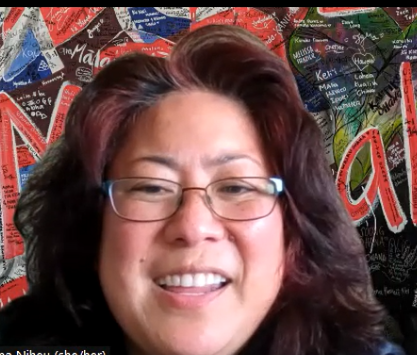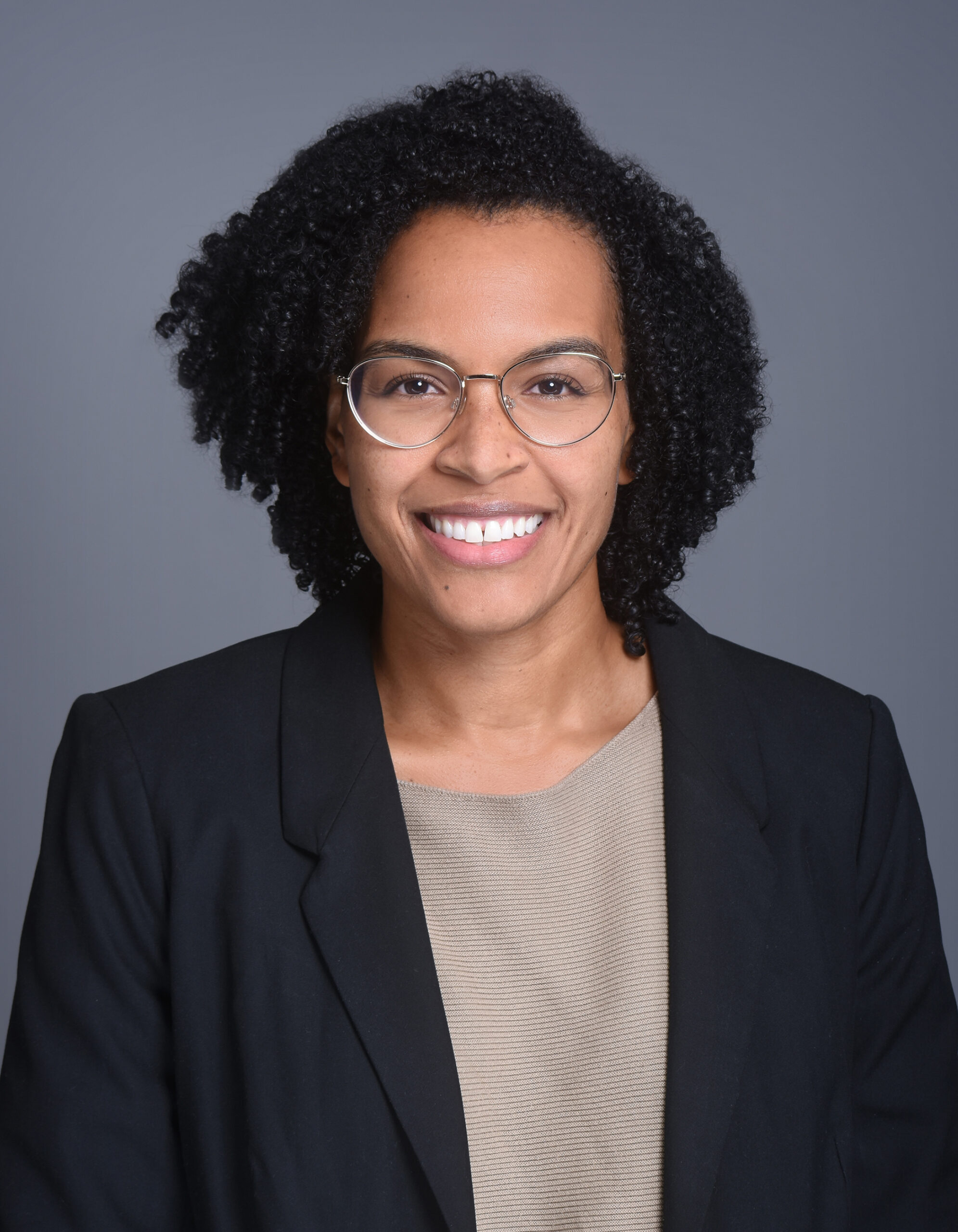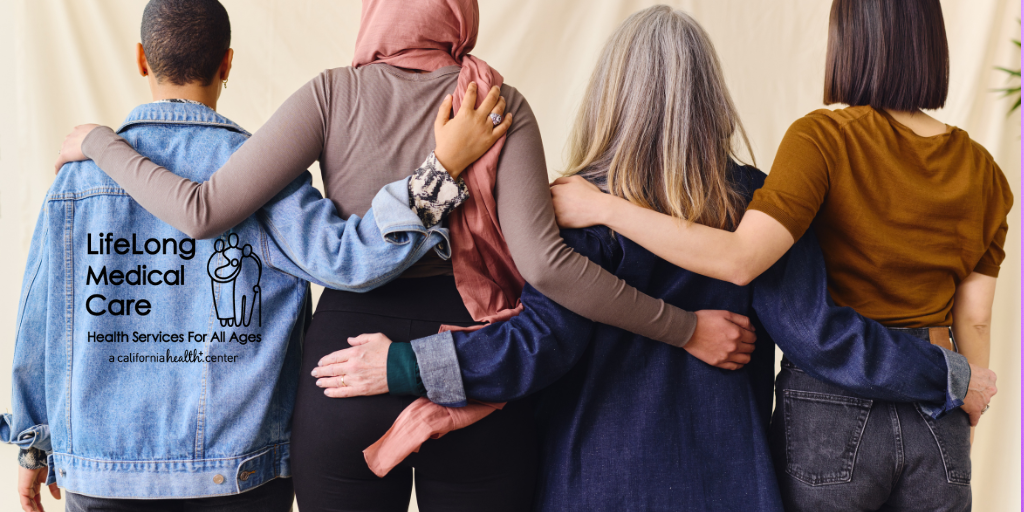LifeLong Medical Care Honors Women Physicians
Blog Contribution: LifeLong Medical Care

At LifeLong Medical Care, the vast majority – 71 percent – of physicians are women. That’s far above the number in California, where women make up 46 percent of primary care doctors.
That 71 percent only counts doctors, not the many other female providers, such as physician assistants, nurses, nurse midwives, and nurse practitioners.
I have had many occasions when folks tell me that because of my own personal gender identity, that they feel more comfortable with me – Dr. Tillman
With National Women Physicians Day having passed this month, it’s significant that LifeLong has so many female doctors to celebrate. And more women are coming out of medical school every year. Between 1980 and 2019 the percentage of women graduating from med school nearly doubled – from 25 percent to 48 percent.
And yet, this welcome news comes amid growing national reports that women and people of color are being misdiagnosed at a far greater rate than White male patients.
We asked two of LifeLong’s women doctors – Kalamaoka’aina Niheu, MD, one of LifeLong’s associate medical directors, and Samiyyah Tillman, DO, in her second year in the Family Medicine Residency Program – how they think women may be changing the practice of medicine for underserved communities.

“I would say that a majority of the patients that I get to work with are female-identified patients, either young women or girls, and I have had many occasions when folks tell me that because of my own personal gender identity, that they feel more comfortable with me. They’re more able to open up about what they’ve been experiencing in their life, and whether that’s their own intimate partner violence, or just the traumas they experienced at work, there tends to be more comfort and ease,” Dr. Tillman says.
“Being a person of color working in medicine I think the biggest thing that I can offer is the context for someone’s lived experience. I think having that allows me to really interact with patients directly and specifically without stereotypes,” she says.
I have always felt that providers who choose to go into community health centers should be cherished because we have a choice, and we choose to help – Dr. Niheu
Dr. Niheu notes that Black women today are three times more likely to die from a pregnancy-related cause than White women as just one example of health inequities that stem from racial bias in this country. She says women physicians, and women of color specifically, are better positioned to turn around gender, race, and class biases because these biases, she says, “are literally killing us.”
She says the presence of women alone in the healthcare workplace isn’t going to fix what some call the Medical Industrial Complex: a profit-driven environment beholden to insurers and the pharmaceutical industry.
“But I think we can, as women, start calling for a change in that structure. I do think we need to buck the presumption of higher and higher efficiency, where we kick to the curb relationships with our patients, compassion, trust, and true medical literacy,” Dr. Niheu says.
“The vast majority of our providers could get a better paying job someplace else…but we choose to be part of a larger mission,” she says. “I have always felt that providers who choose to go into community health centers should be cherished because we have a choice, and we choose to help.”
You can learn more about LifeLong Medical Care HERE.
